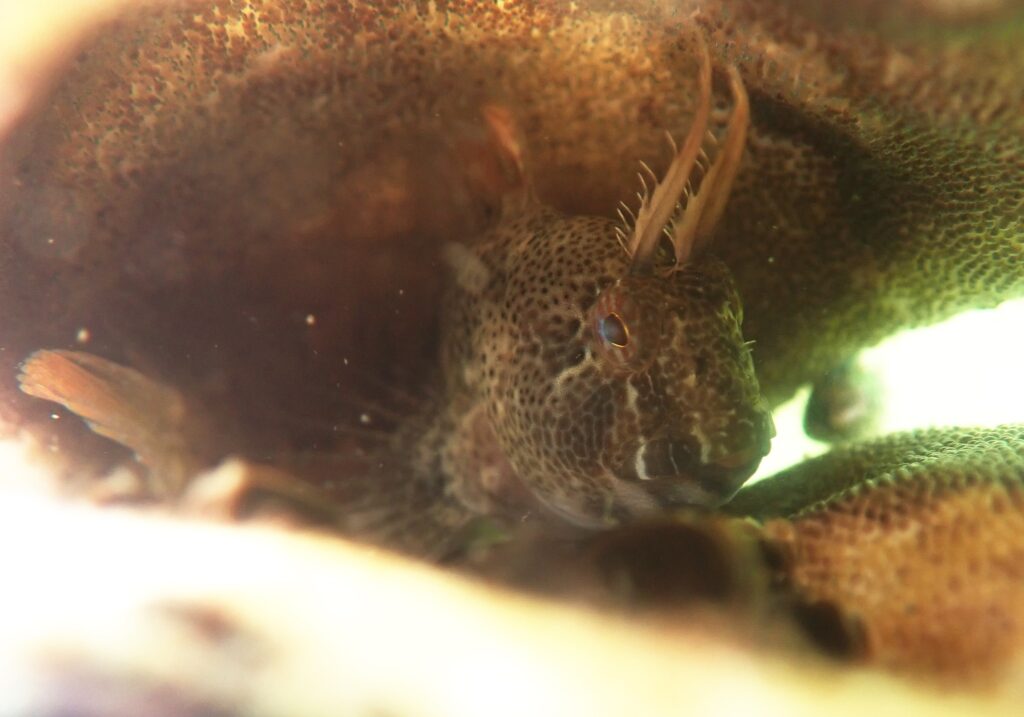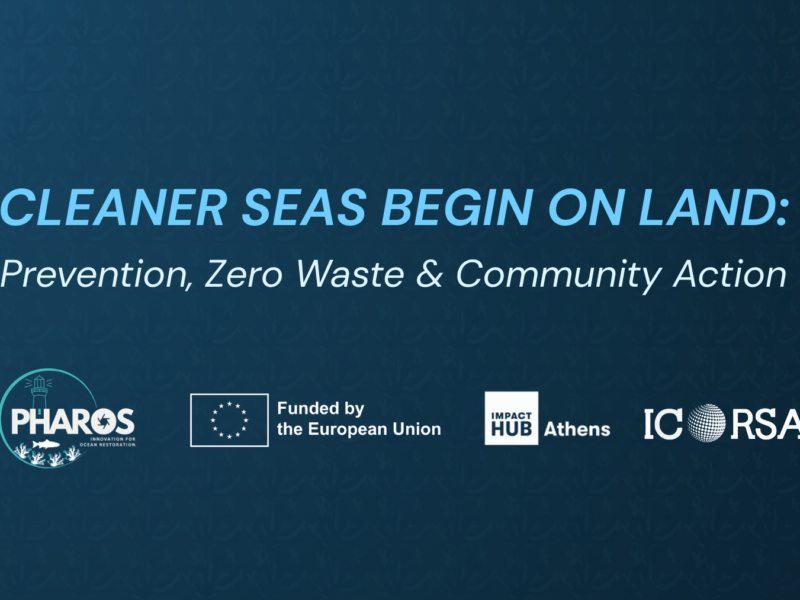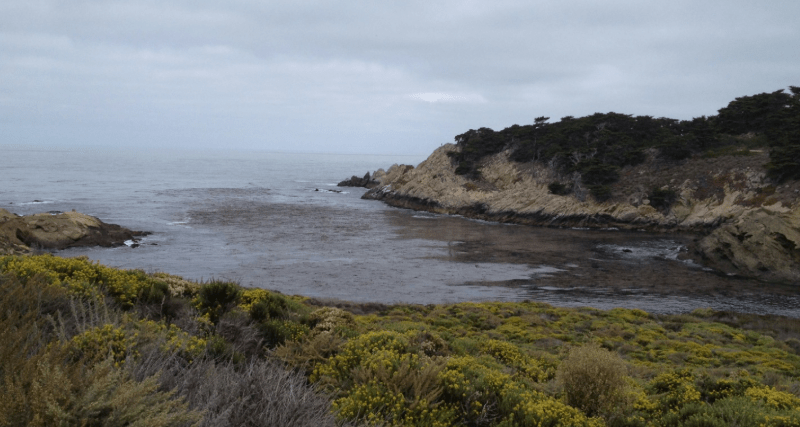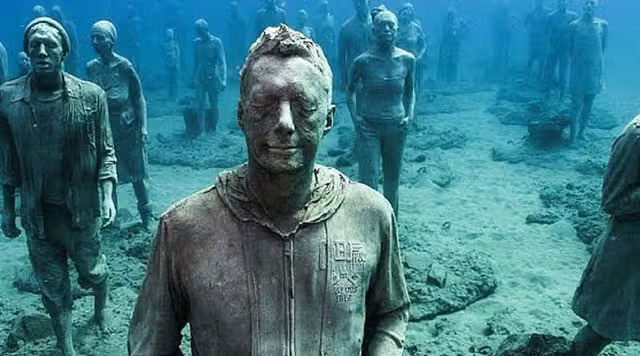
Ukrainian Marine Biologists Feature in PHAROS Project Research on Black Sea Invasive Species
Ukrainian Marine Biologists Feature in PHAROS Project Research on Black Sea Invasive Species https://pharosproject.eu/wp-content/uploads/2025/10/7-1-1024x717.jpg 1024 717 PHAROS Project PHAROS Project https://pharosproject.eu/wp-content/uploads/2025/10/7-1-1024x717.jpgTwo prominent Ukrainian marine biologists participating in the PHAROS project have been featured in a an article examining the emergence of invasive species in the Black Sea region following climate change and wartime disruptions.
Pavel Gol’din from the I.I. Schmalhausen Institute of Zoology and Yurii Kvach from the Institute of Marine Biology of the National Academy of Sciences of Ukraine, both members of the international PHAROS consortium, were interviewed for the article titled “New Inhabitants of the Black Sea Region: Why Invasive Species Have Appeared in Ukrainian Waters?” published by Informer on 11 October 2025.
PHAROS Project Connection
The PHAROS (Lighthouse for Atlantic and Arctic Basin) project is an ambitious €8.5 million Horizon Europe initiative launched in September 2024. The project, coordinated by the Canary Islands Ocean Platform (PLOCAN), brings together 24 organisations from across Europe, including Ukrainian institutions, to develop nature-based solutions for marine ecosystem restoration.
Professor Pavel Gol’din serves as team leader for Ukraine within the PHAROS consortium, whilst the project includes significant Ukrainian participation through both the Schmalhausen Institute of Zoology and Lviv Polytechnic National University. The project’s Living Lab approach in the Danube Delta region, spanning Ukraine and Romania, directly addresses challenges related to marine biodiversity and the impact of introduced species on marine ecosystems.
Expert Analysis of Black Sea Changes
In the Informer article, both scientists provided crucial insights into the rapidly changing marine ecosystem of the Black Sea. Gol’din, a leading researcher specialising in marine mammal evolutionary morphology, explained the broader ecological implications of invasive species introductions, drawing parallels between biological invasions and human expansion patterns.
“The brightest example of invasion is precisely the spread of humans across the globe,” Gol’din noted in the article, highlighting how invasive species like Rapana and Mnemiopsis have fundamentally altered Black Sea ecosystems since their introduction in the 1940s and 1980s respectively.
Yurii Kvach, a leading researcher known for his expertise in aquatic parasites and biological invasions, addressed the complex genetic implications following the destruction of the Kakhovka Dam. His analysis focused on the potential consequences when marine and freshwater populations of the same species interbreed, warning of unpredictable genetic outcomes that could emerge in future generations.
“We never know all the risks associated with the settlement of alien species,” Kvach explained, emphasising the long-term uncertainty surrounding new species introductions.
Research Under Wartime Constraints
Both scientists detailed how the ongoing war has severely limited their research capabilities whilst simultaneously creating new ecological pressures. The PHAROS project’s emphasis on citizen science and community engagement becomes particularly relevant in this context, as researchers increasingly rely on reports from divers, fishermen, and local communities to track species changes.
Kvach outlined current research limitations: “We can work in beach zones that are open, and in some estuaries that practically have marine ecosystems, but when we need information from the open sea, it’s impossible to get there.”
The article highlighted recent discoveries of species such as the Korean stone perch and American blue crab, whose populations have expanded significantly following both climate change and the ecological disruption caused by dam destruction.The Informer article, authored by Maria Shevchuk, underscores the vital role Ukrainian marine biologists continue to play in international research efforts despite unprecedented challenges to their scientific infrastructure and access to research sites.
- Post Tags:
- Black Sea
- Invasive Species
- PHAROS
- Ukraine
- Posted In:
- Partner News
- PHAROS News


